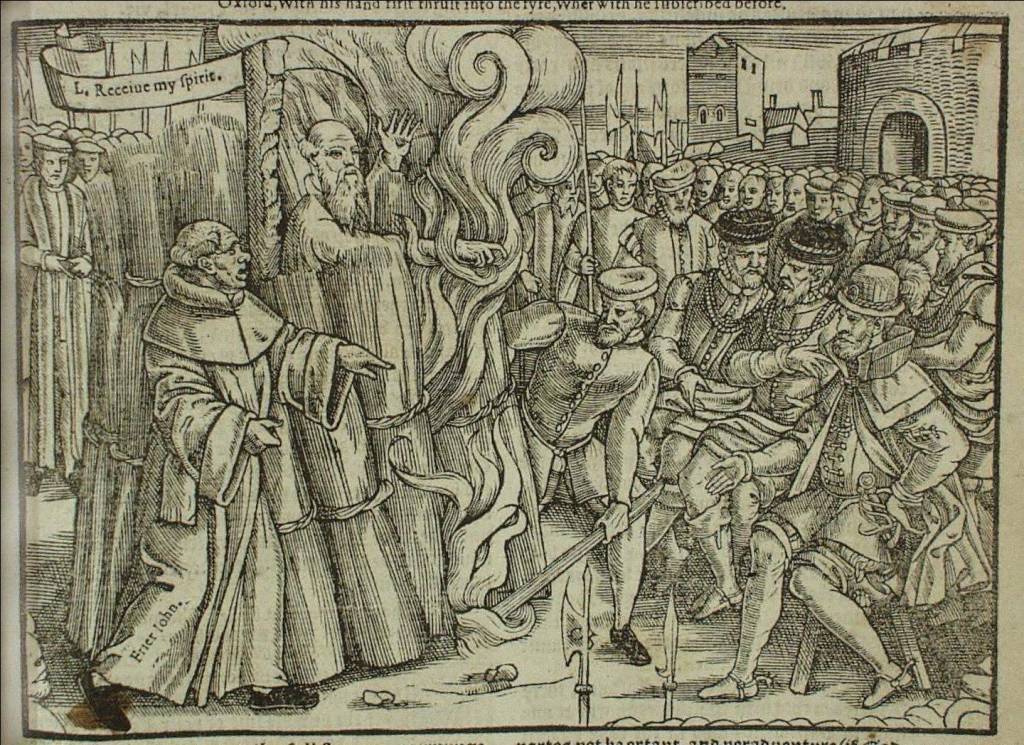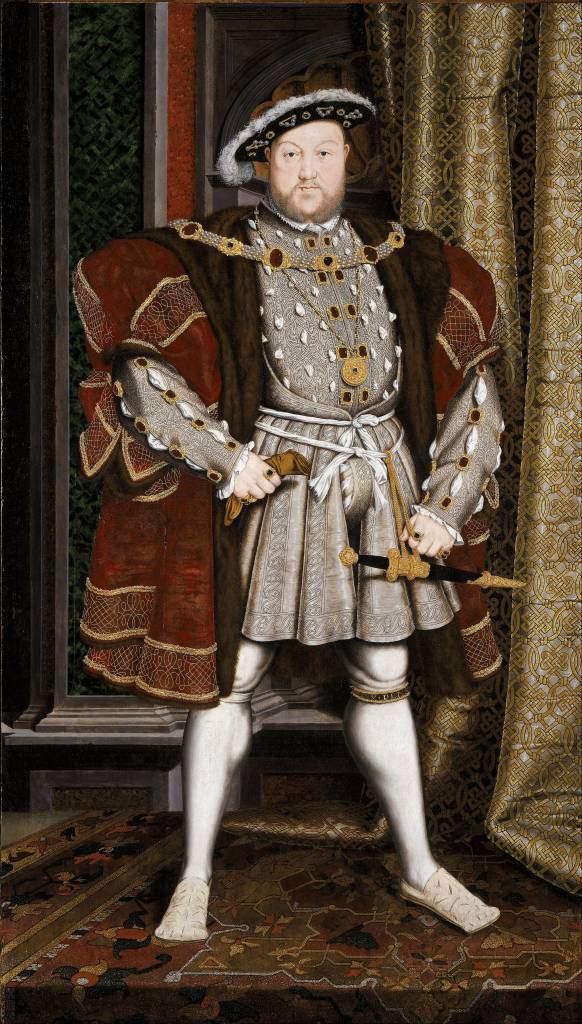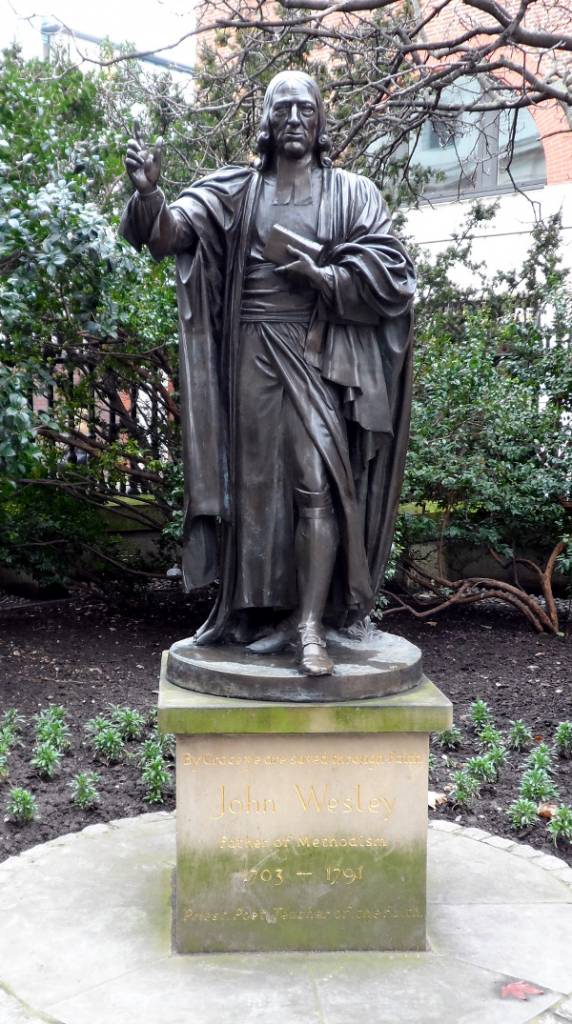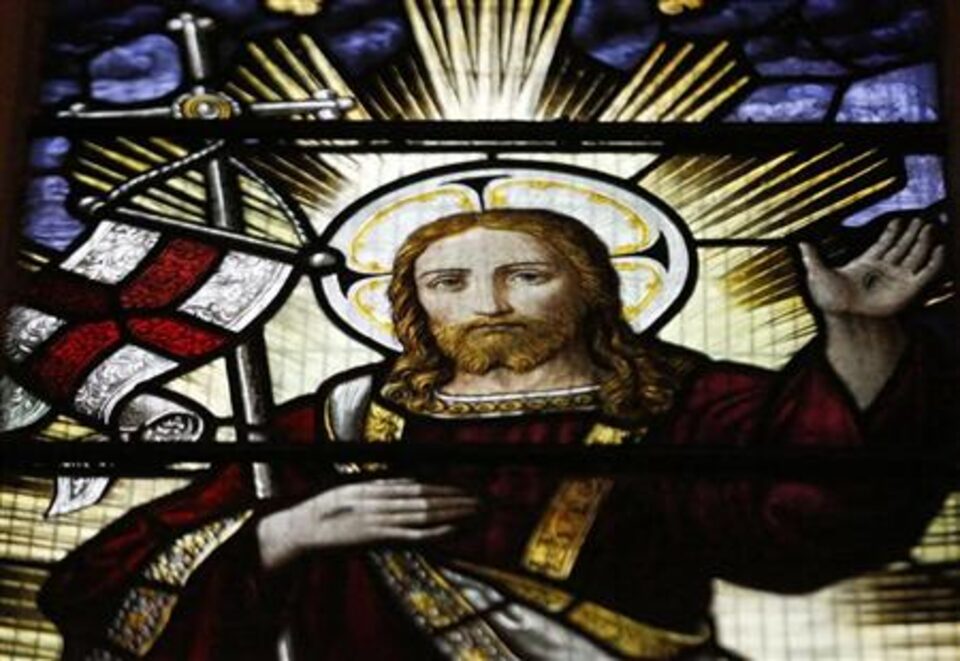Genealogy is something to which I have devoted little time or energy. But I know that before trekking southwest to Texas, the patrilineal side of my family had been in Kentucky and Tennessee. I also heard from one of the old folks that our ancestors were Scotch-Irish, Protestants who in the 17th century had settled in the northern end of the otherwise all-Catholic Emerald Isle. Before moving to Ulster and becoming Orangemen and -women, they had lived in the Scottish lowlands and northern England. As my family surname derives from the village of Pennington (current population: 2,008) in the Furniss region of Cumbria County, England, it does appear that I am of English descent. Some southern Americans used to name their children after English kings and queens, so—who knows?—maybe I am a latter-day Richard the Lionheart.
By extension a Brit, I look with alarm at the declining number of Christian adherents. We are now a mere plurality in “Albion,” previously one of Christendom’s most solid rocks. For the first time since the Dark Ages, self-declaring Christians comprise less than half of the English population. The trend is nothing new, but it is shocking to realize that 20 years ago, 72% were at least nominal Christians. Today, the number has fallen to 46%—and many of them only enter churches for pro-forma baptisms, weddings and funerals. I have even read doomsday predictions that in another half-century, we will have dwindled down to a precious few. Active and genuine followers of the King of Kings will be a tiny remnant, museum pieces as it were, rather like what is seen today in the Middle East. The Church of England is still “established” there, but the mainstream media almost gleefully puts forth the message that one would be hard-pressed to call contemporary England a Christian nation. This pains me.
The first believers came with the Romans, who took over the island and were in charge during the first four centuries A.D. But those Christians had to contend with adherents of many pagan cults and deities, including Cunomaglus, Minerva, Isis, Mithras and Cybele, not to mention Druidism (partisans of which may have worshipped at Stonehenge). The first Christian missionary to arrive was Augustine of Canterbury, who quickly converted King Æthelberht of Kent and established his archdiocese around the year 600. The process was not easy or quick, what with the Saxon invasions of the fifth through seventh centuries, along with those of barbarians from other European lands; the faith was nearly extinguished in eastern England for a time. But William the Conqueror and his fellow Normans solidified Christianity there.
Its roots grew deeply, with churches, convents and monasteries soon having a dominant role in the country’s culture. Through the murder of Thomas Becket in 1170, the burning at the stake of Thomas Cranmer in 1556 (both archbishops of Canterbury), Henry XIII’s battles with the Pope, the anti-Catholic Gordon riots of 1780 and schismatics galore, Christianity survived. Efforts to enforce orthodoxy were never fully successful. Other historical developments—the Enlightenment and the French Revolution among them—weakened the faith. A new spirit of toleration arose, old animosities diminished, and the C of E adjusted. The centuries went by, and Christianity became less and less central in the people’s lives. In their sermons, Anglican preachers gradually stopped making reference to sin, the devil and hell.
Another reason the country became less parochial is the British Empire, on which the sun never set. With Englishmen exploring, settling in and ruling places unheard-of in previous centuries, it was almost inevitable that a more mature and nuanced approach to matters of spirituality would take hold. I understand that. As an educated and somewhat erudite person, I know not to oversimplify.
But I believe in the Christian gospel, and that will never change. I am not tempted to dabble in Mohammedanism, Hinduism or Buddhism—three faiths that are growing in the UK as mine seems to recede—or wonder whether I might have been mistaken all along. I shudder at the thought of old English churches being desacralized, turned into mosques or otherwise repurposed. There is nothing I would like more than a genuine revival of Christian faith in England, and the same is true for France, Germany, Denmark and other western European countries where totally secular, so-called post-Christian attitudes have come to prevail. I do not care to argue with Christopher Hitchens (author of a best-selling book entitled Religion Poisons Everything), Richard Dawkins (Outgrowing God) or other British smarty-pants proponents of “the new atheism.” We have different views, and that’s a fact. I urge them, for the sake of their souls, to humbly embrace the one true faith.
As we draw closer to Easter, I take comfort in knowing that Christianity continues to advance in such places as Africa and China, and that North Koreans cling to it despite horrific oppression. I will conclude by quoting a 2007 prose poem, “The Greatest Man in History,” by Lyle C. Rollings III: “He had no servants, but they called him Master. He had no degree, but they called him Teacher. He had no medicines, yet they called him Healer. His army wasn’t here, yet kings feared him. He won no military battles, but he conquered the world. He committed no crime, yet they crucified him. He died and was buried in a tomb, yet he lives today. His name is Jesus!”

The remains of Whitby Abbey…

Thomas Cranmer being burned at the stake…

Henry the Eighth…

John Wesley, the best-loved man in England…


9 Comments
Like in England, similar trends are found in Korea. Numbers of Christians are shrinking (Those who left church because of covid 19 have not fully returned after recovery). Preachers are hesitant to talk about sin and hell. Mosques are being built. I like the quote “The Greatest Man in History,” by Lyle C. Rollings III and hope that John Wesley will continue to be the best-loved man in England.
As in England, similar trend is found in Korea. The number of Christians shrinks (Those who left church due to covid 19 have not fully returned after the pandemic). Preachers are hesitant to talk about sin and hell. Mosques are being built. I like the quote “The Greatest Man in History,” by Lyle C. Rollings III, and hope that John Wesley will continue to be the best-loved man in England.
Very interesting article Richard, I think what you are describing in England goes along with what the Bible teaches. That in the last days many will fall away. We are more about the pleasures of money and the world than anything about God. Its sad but I see the same thing happening in the USA.
Thank you, King David. You are ever so right about the same (or at least similar) thing happening in the USA. I do not fall away, and neither do you.
Brilliant and poignant…history of the decline of Christianity was explained and supported…it also is true that people are the same now as they were then in the first century when they crucified Jesus… they were uninterested in Jesus as a person, as God, as the savior, as God incarnate, as the creator of the universe, the meaning of His death and resurrection…and they were intent on their own self destiny…
you are right, Jesus, God’s savior sent to earth to die for His sheep, His loved ones, are cherished by God and we are promised that they will never be taken from Him by satan, principalities, powers, famines, wars…nothing… all whom He chose have their names in the Book of Life…and we who have received faith from Jesus to enable us to be in His presence during prayers and in the view of eternity, we will live with Him in His glorious presence forever…
Yes, let’s talk all the time about Easter, which is the fulfillment of the first four Hebrew feasts … being all four fulfilled, these are the quintessential expression of
God the Father’s commitment to judge those who don’t and won’t believe in His Son’s saving work and the antithesis of that is the expression of His boundless love for His elect…Amen
Great message….
Thank you, Gary.
Your message is excellent, people today are moving away from God, something that will cost them until the end. In the UK they have turned churches into restaurants and halls with rock music, where young people have fun and they don’t care that there is a place there saint. It is a great sin that the world is moving away from God, but it is written in the Bible that these will happen in the last times, which we are living now. Holy Easter is approaching, let’s be better, more faithful so that God may give His peace all the country’s.
Oh, Elly….wise words from your keyboard as always. Thanks!!!
There many splendid and opulent churches throughout Europe that are empty except for tourists. Now a restored Notre Dame can be added back to the list.
Add Comment